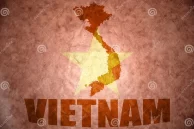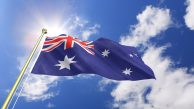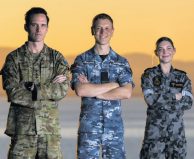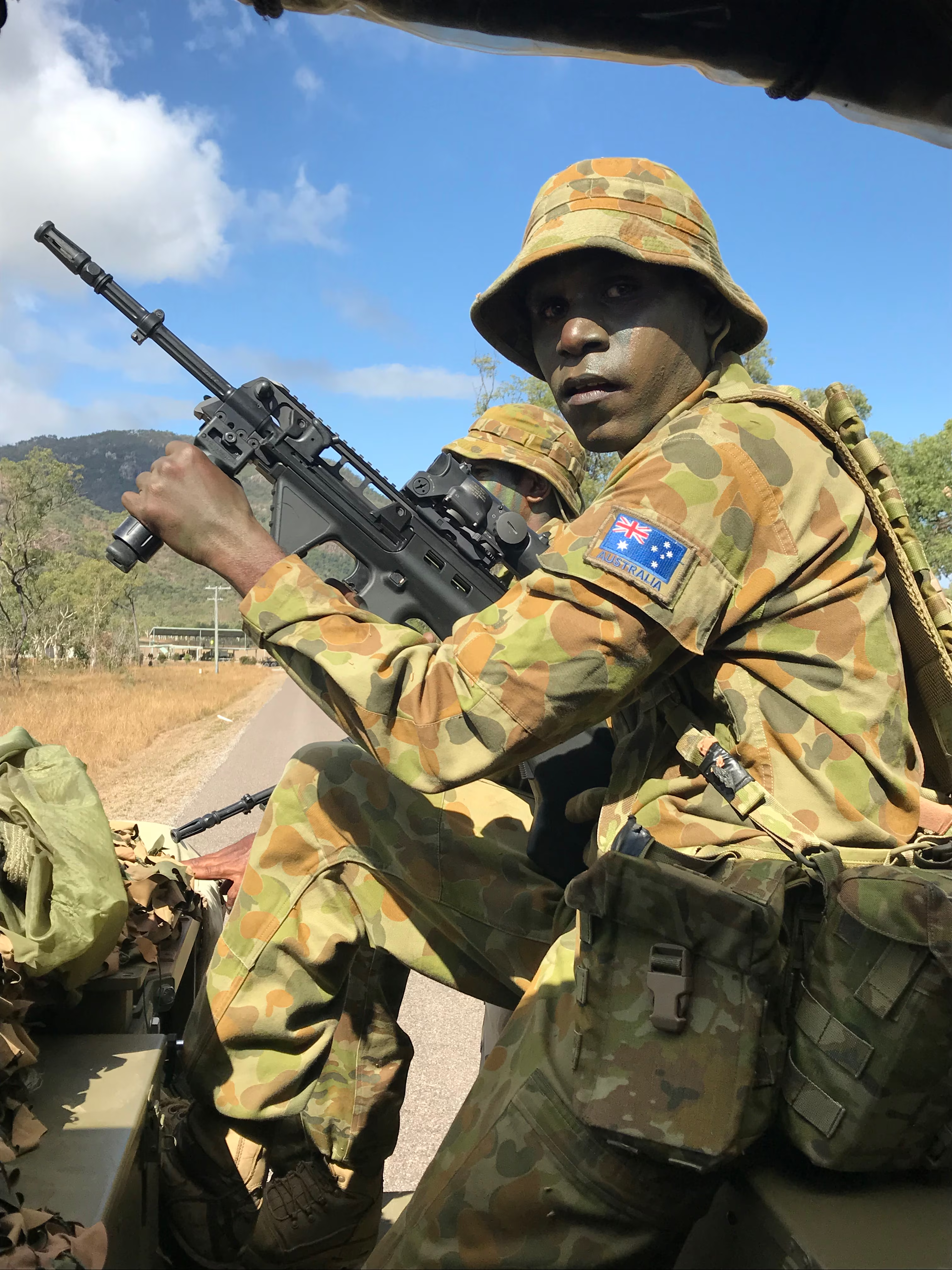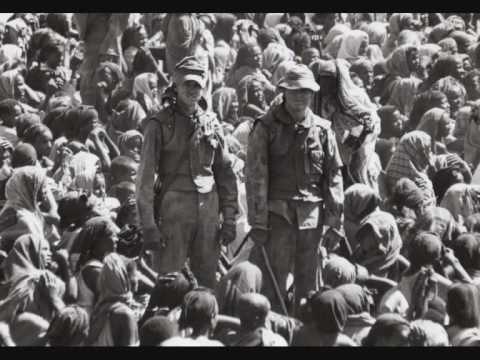
Somalia Force Recognised.
The Meritorious Unit Citations (MUC) were bestowed upon distinguished Australian Defence Force (ADF) units that served in Somalia between 1992 and 1995. Specifically, at the close of 2023, commendations were awarded to the 1st Battalion, Royal Australian Regiment (1RAR) Battalion Group, Australian Service Contingents (ASC I, II, III, and IV), and HMAS Tobruk. These units were recognized for their sustained and exceptional service in warlike operations during this tumultuous period.
Around 1500 ADF personnel were deployed on Operations Iguana and Solace, where they actively supported the United Nations Assistance Mission in Somalia and played a crucial role in the US-led, UN-sanctioned Unified Task Force. In an environment characterised as one of the world’s most dangerous conflict zones, these ADF units executed their duties with remarkable professionalism, often placing themselves in harm’s way to assist a civilian population in dire need.
The Meritorious Unit Citation serves as a testament to the relentless efforts of these ADF members in supporting the UN’s mission. Eligible ADF members are set to receive the insignia through their current units, while former members meeting the criteria are encouraged to apply directly to the Department of Defence via the Defence Medals online application form.
Individuals who were part of the mentioned units during the relevant period are entitled to be issued and wear the citation’s insignia adorned with the Federation Star in perpetuity. One such member, Warrant Officer Class Two (WO2) Joanne Cook, a medic, vividly recalls her deployment to Somalia 30 years ago. Despite her lack of prior experience with gunshot wounds, she found herself treating both locals injured during the violence and her fellow Australian soldier, Lance Corporal Shannon McAliney, who tragically succumbed to an accidental point-blank range gunshot wound.
WO2 Cook reflects on the challenging yet impactful experience, stating, “It was a real eye-opener – horrible, but exciting at the same time.” Lance Corporal McAliney’s unfortunate death serves as a poignant reminder of the sacrifices made by Australian soldiers during this mission.
During the Somalia deployment from 1992 to 1994, approximately 1500 Australians participated in the humanitarian efforts. In October 1992, the Australian Government dispatched a contingent of 211 ADF personnel for Operation Iguana. As the situation in Somalia continued to worsen, the Unified Task Force was established, and WO2 Cook became part of the 1RAR Battalion Group attached to Operation Solace, responsible for humanitarian relief in the city of Baidoa, often referred to as the ‘city of death.’
The conditions in Baidoa were austere, with no roofs over their heads, makeshift sleeping arrangements, and limited resources. WO2 Cook vividly recalls the challenging living conditions: “There were six girls in one room sleeping on stretchers. We showered with shower buckets filled by a jerrycan of water left out in the sun to heat up. We all had nothing.”
Throughout the deployment, ADF personnel witnessed extensive human suffering induced by drought, famine, and war. WO2 Cook recounts encountering malnourished and diseased children, and the battalion group conducted sick parades, attracting hundreds of people in need of medical attention. The scenes were heartbreaking, with intestinal worms visible, and WO2 Cook’s compassion extended to distributing blankets to provide some comfort to the suffering locals.
Despite the devastation, WO2 Cook highlights the challenge of balancing humanitarian aid without creating dependency. A policy discouraged the distribution of food to locals to avoid setting unrealistic expectations. The experiences of the ADF units in Somalia stand as a testament to their resilience, selflessness, and commitment to alleviating human suffering in the face of adversity.

